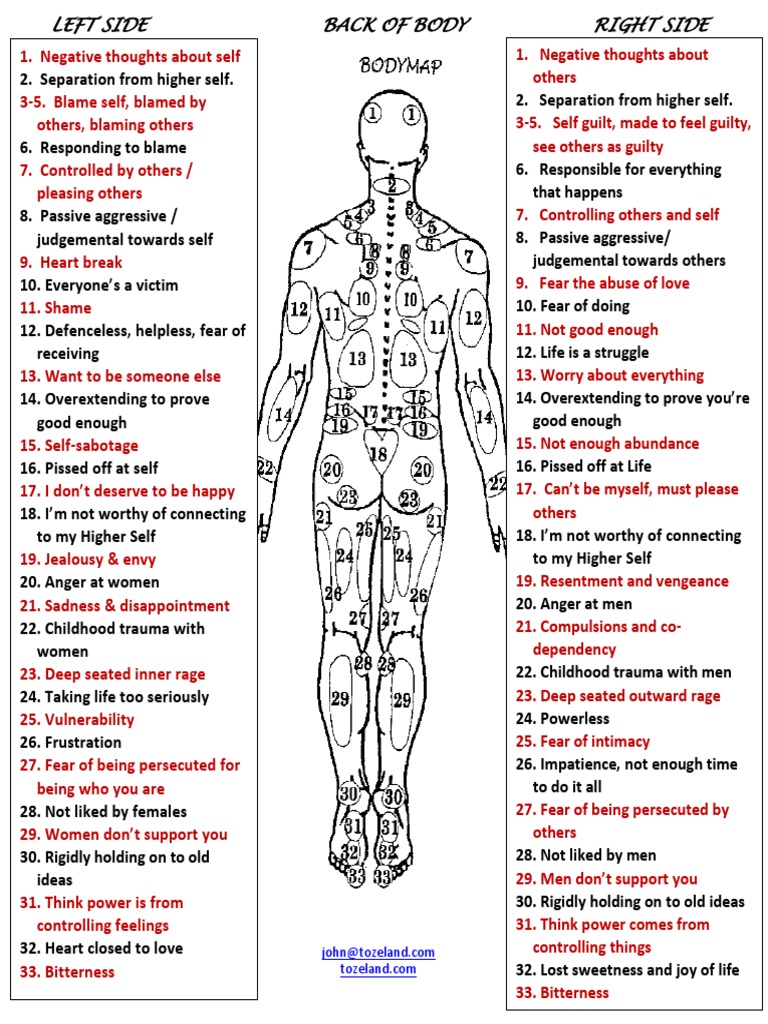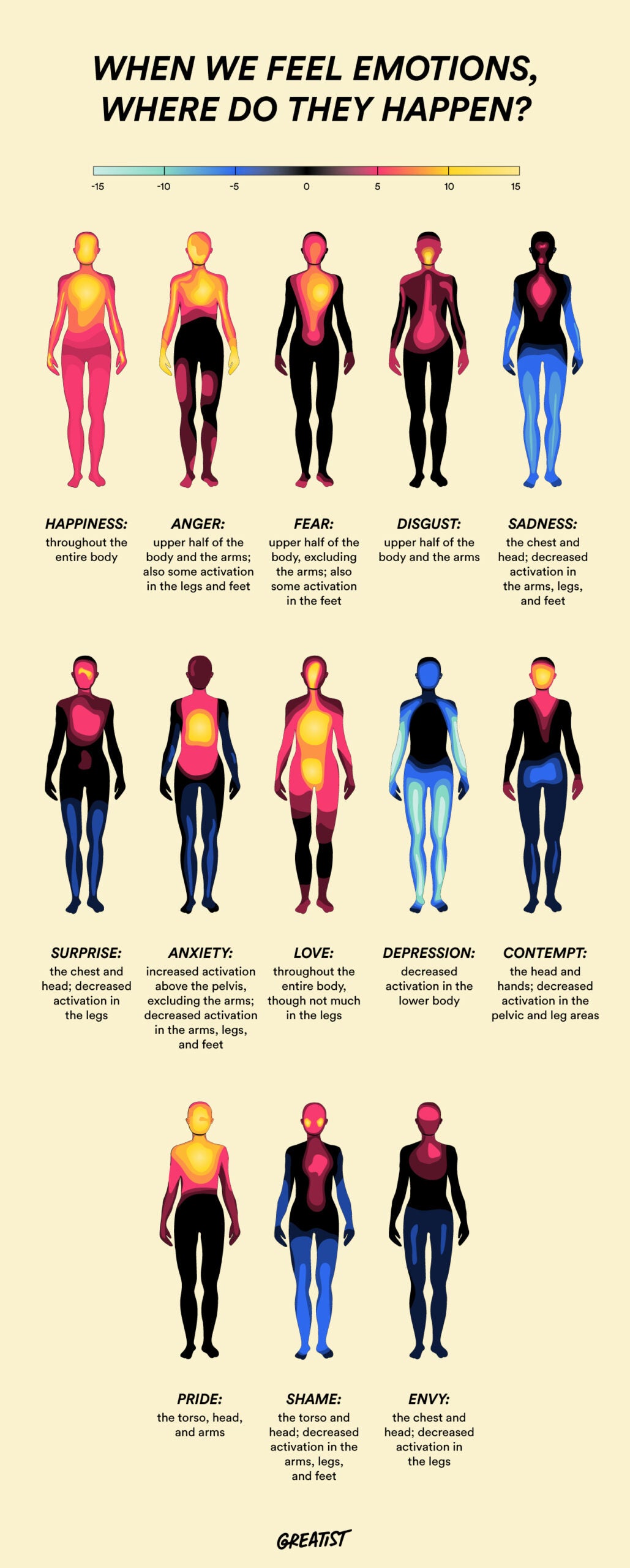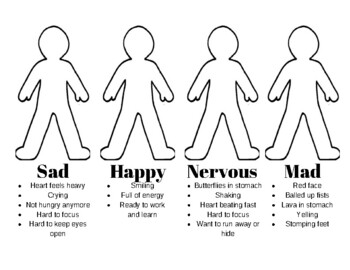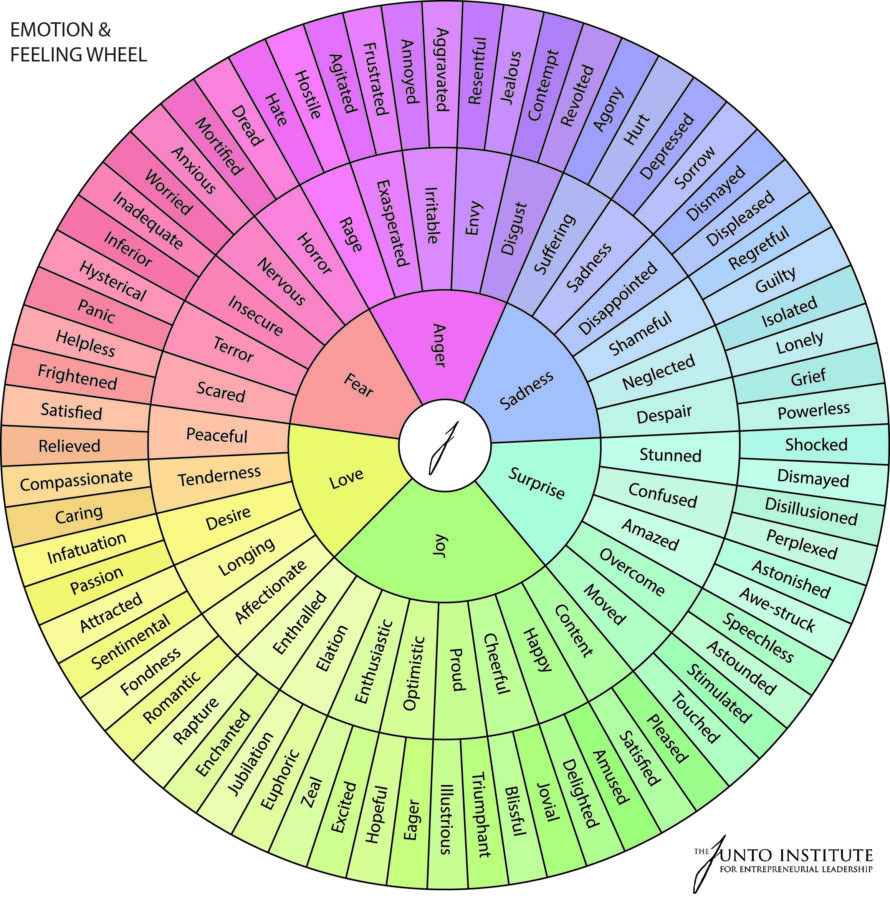Emotions play a crucial role in our lives, affecting our thoughts, actions, and overall well-being. Understanding and managing our emotions is essential for maintaining a healthy balance in our daily lives. For Asian individuals, the awareness and exploration of emotions may vary due to cultural influences and societal norms. In this post, we will delve into the topic of emotions in Asian culture and explore how they are perceived and experienced.
 Emotions in Our Bodies Activity: Exploring the Physical Manifestation of Emotions
Emotions in Our Bodies Activity: Exploring the Physical Manifestation of Emotions
We begin our journey by looking at an interesting activity that helps individuals connect their emotions with bodily sensations. The activity involves mapping emotions onto specific areas of the body, allowing individuals to recognize and understand the physical manifestations of their emotions.
 Cultural Universality of Bodily Maps of Emotions
Cultural Universality of Bodily Maps of Emotions
Research suggests that bodily maps of emotions are culturally universal. In other words, individuals across different cultures experience similar bodily sensations when they experience certain emotions. This finding highlights the commonality of emotional experiences among people from diverse backgrounds.
 The Connection Between Emotions and the Body
The Connection Between Emotions and the Body
A combined body map created in 2017 provides an insightful visual representation of the connection between emotions and the body. By identifying the specific bodily areas associated with various emotions, individuals can better understand how their emotions manifest physically.
 Mapping Anger: Understanding the Physical Sensations
Mapping Anger: Understanding the Physical Sensations
Anger is a powerful emotion that can have a significant impact on our well-being. By examining a body map specifically focused on anger, individuals can identify the bodily sensations associated with this intense emotion. Recognizing these physical manifestations allows for better self-awareness and the development of healthier coping mechanisms.
 Understanding the Physical Location of Emotions
Understanding the Physical Location of Emotions
Research suggests that emotions are felt in specific areas of the body. For example, feelings of happiness and love are often associated with warmth in the chest, while anxiety may be experienced as a tightness in the chest or stomach. Such awareness helps individuals identify and address their emotions more effectively.
 Exploring Emotions through Body Mapping
Exploring Emotions through Body Mapping
Body mapping is a therapeutic activity that encourages individuals to draw or outline their bodies and label areas where they experience emotions. This activity allows for self-reflection and the identification of emotional patterns, helping individuals gain a deeper understanding of their emotions.
 Alternative Perspectives on Body Mapping
Alternative Perspectives on Body Mapping
Body mapping is not only limited to emotional exploration; it is also used as a diagnostic tool in alternative health practices. By analyzing various body maps and their associations with emotions, alternative medicine practitioners aim to identify underlying physical or emotional imbalances.
 Making Peace with Uncomfortable Feelings
Making Peace with Uncomfortable Feelings
Uncomfortable emotions are an inevitable part of life. Instead of suppressing or avoiding them, it is essential to face and embrace them. The Reembody Method™ offers three ways to make peace with uncomfortable feelings, providing individuals with strategies to navigate these emotions in a healthy and constructive manner.
 How Emotions Change in the Body
How Emotions Change in the Body
Emotions are not static; they can change and evolve in response to various stimuli. Emotion maps help individuals understand how their emotional experiences shift and manifest differently within their bodies. This knowledge empowers individuals to adapt and respond effectively to changing emotional states.
 Emotions Chart: Visualizing the Complexity
Emotions Chart: Visualizing the Complexity
An emotions chart provides a visual representation of the complexity of human emotions. With this helpful resource, individuals can identify and differentiate between a wide range of emotions, promoting emotional intelligence and self-awareness.
Understanding and exploring emotions is a deeply personal and cultural experience. By delving into the connection between emotions and the body, individuals can gain valuable insights into themselves and further cultivate emotional well-being. Remember, emotions are a vital part of being human, and embracing them fully allows for a more enriching and holistic life experience.